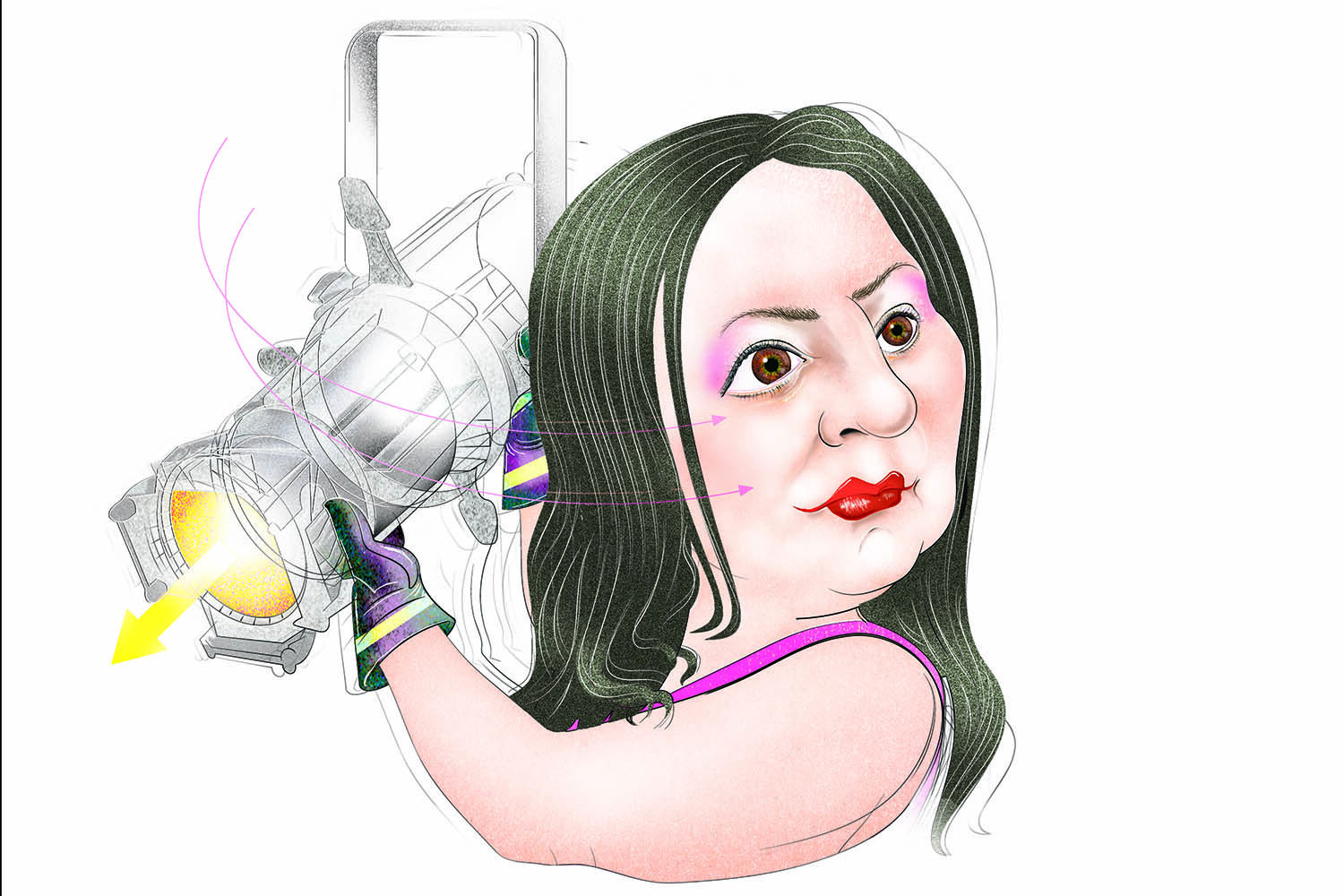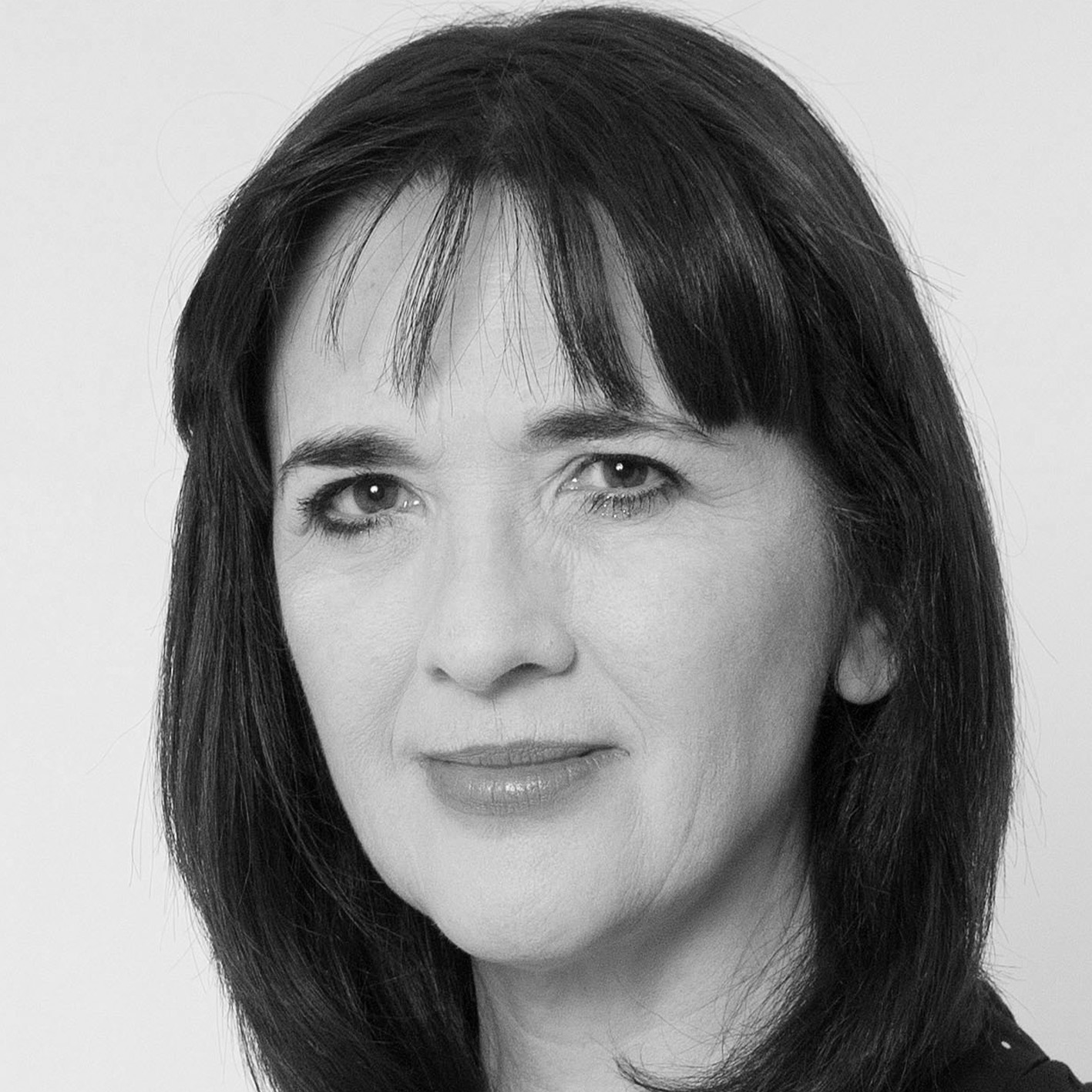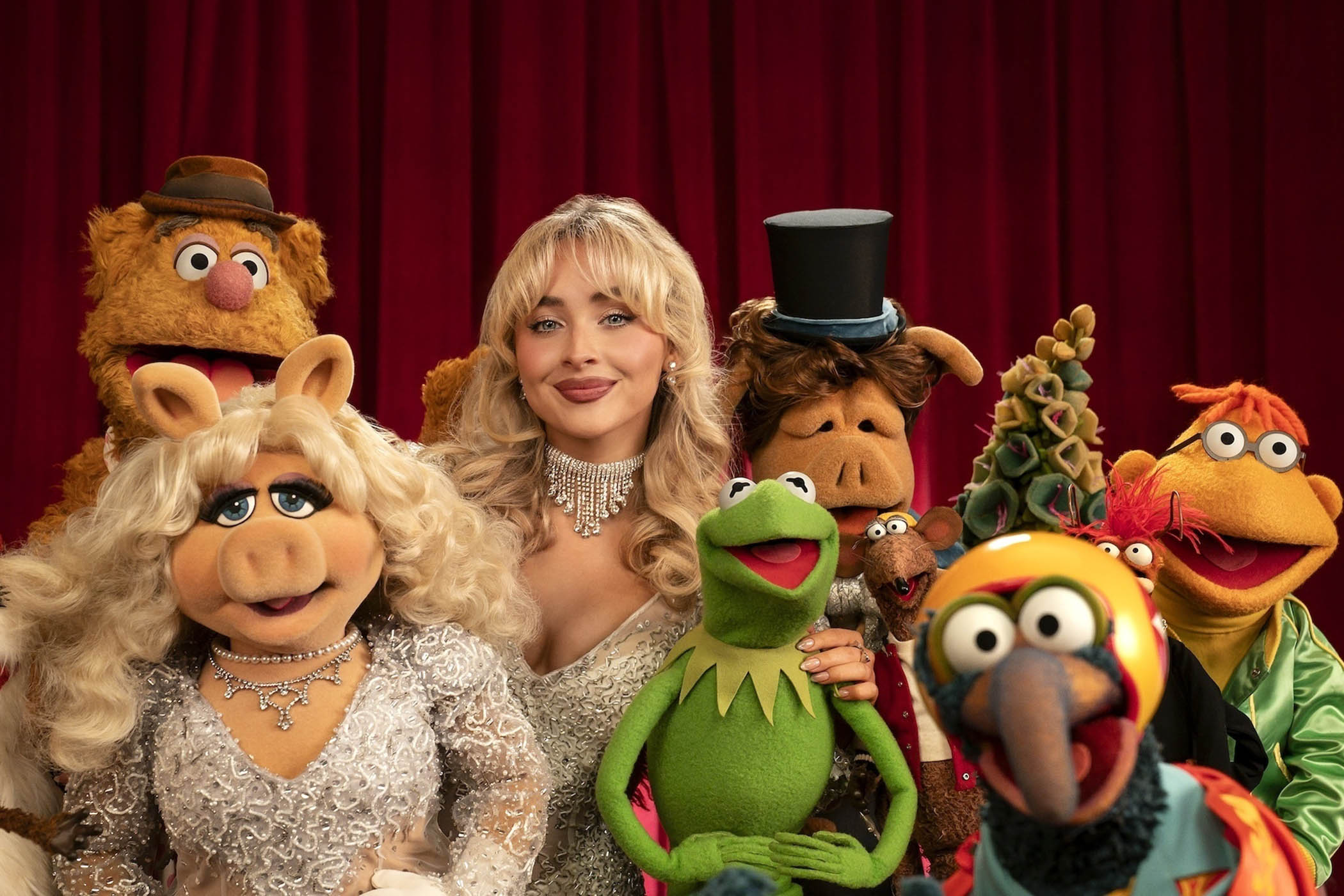Illustration by Andy Bunday
Are we entering a new era of Lena Dunham? Eight years after the conclusion of her fabled HBO show, Girls, Dunham’s new Netflix series Too Much has all her signature autobiographical hallmarks.
In the story, thirtysomething New Yorker Jessica (Megan Stalter from Hacks) suffers a bad break-up, moves to London and meets an indie musician, played by Will Sharpe (The White Lotus).
Dunham, 39, also experienced a painful break-up (from musician and producer Jack Antonoff). In 2021, she likewise moved to the UK, where, the same year, she met and married British-Peruvian musician Luis Felber (with whom she co-created Too Much). That Dunham did not cast herself as the lead – instead, she plays Jessica’s sister – seems partly to do with the body shaming she endured during Girls’ six-series run between 2012 and 2017. Dunham told the New Yorker magazine last year: “Physically I was just not up for having my body dissected again.”
If Dunham has reached for fame’s dimmer switch, it would be understandable. She wrote the pilot for Girls when she was only 24. Co-written/produced by Jenni Konner, executive produced by Judd Apatow (This Is 40), the ensemble comedy-drama spun an uber-hipster fairytale of the 2010s featuring messy twentysomethings with messy New York lives.
Launching new talent – including Adam Driver and Jemima Kirke – Girls was garlanded with awards, including two Golden Globes. In 2013, Dunham featured on the Time 100 most influential list. In Girls, she played self-absorbed writer, Hannah Horvath. Hannah dressed like a disturbed toddler, but it was with her nudity and sex scenes, flaunting her supposed “flaws”, that Dunham single-handedly changed the conversation about which female body types were “permitted” on screen.
It’s now hard to imagine the 21st-century television landscape without Girls. It exposed the dirt under the fingernails of female experience, conjuring an atmosphere midway between a Miranda July story and Tracey Emin’s unmade bed. Along with Phoebe Waller-Bridge’s Fleabag and Michaela Coel’s I May Destroy You, it spawned a whole new darkly confessional genre.
It has since morphed into a pan-generational quasi-feminist behemoth – gen Z fans make pilgrimages to the stoop of Hannah’s New York apartment.
Related articles:
Cultural writer Patrick Sproull interviewed Dunham for her 2022 film comedy, Catherine Called Birdy, which was adapted from Karen Cushman’s YA novel and starred Bella Ramsey. Of Girls, Sproull says to me: “It’s kind of crazy to view it as a historical document, but it’s probably one of the best encapsulations of millennial culture we have.” In Sproull’s opinion, “what stands Girls apart was that Sex and the City and Friends were idyllic aspirational depictions of young people. Girls wasn’t aspirational – it was honest. They’re horrible to each other, they’re horrible to themselves. It’s part and parcel of being in your 20s.”
British screenwriter/playwright Camilla Whitehill’s award-winning 2024 TV series, Big Mood, starring Nicola Coughlan (Bridgerton) is, like Girls, built around the intensity and fragility of female friendship. Whitehill tells me that she and Coughlan (her friend from drama school) were such fans of Girls that they won a Facebook competition to attend the 2014 series three premiere in London; she remembers them both excitedly staring at the real-life Dunham.
Newsletters
Choose the newsletters you want to receive
View more
For information about how The Observer protects your data, read our Privacy Policy
Starting out as a writer, Whitehill found Girls inspiring: “It was such a single-vision show, so authored, so confident. And for this young woman to come out with this.”
Girls, she says, opened the door for young female voices. “For years, production companies would say: ‘We’re looking for the British Girls.’ I’d be: ‘You mean you’re looking for an authentic voice – and for that you have to develop someone’s voice. Because that’s how you get Girls.’”
Dunham grew up in Tribeca, New York, the daughter of painter Carroll Dunham and photographer/artist Laurie Simmons. She studied creative writing at Oberlin College, Ohio, until – already the consummate triple threat – she wrote, directed and starred in her assured 2010 debut film Tiny Furniture.
Maybe Dunham has wearied of rivalling Madonna as the misogynistic dartboard du jour
Maybe Dunham has wearied of rivalling Madonna as the misogynistic dartboard du jour
There have been numerous controversies surrounding Dunham, some a direct consequence of her being her era’s undisputed queen of oversharing. Her 2014 memoir, Not That Kind of Girl, secured with a $3.7m advance, sparked a bizarre furore after she made essentially innocent remarks about, as a child, looking at her baby sister’s genitals (a second memoir is imminent).
Girls itself was attacked for (initially) lacking diversity. It was also criticised for whiny rich girl solipsism – though this was what the series was lampooning.
In my interview with Driver in 2015, he was empathetic about the attacks on Dunham but thought she was “totally capable of handling it”. Maybe these days, where her body is concerned, Dunham has wearied of rivalling Madonna as the misogynist dartboard du jour.
While one couldn’t present Dunham as an everywoman – she is friends with Taylor Swift! – her health issues look daunting. She experienced such crippling endometriosis that she underwent a hysterectomy in 2017 – about which she wrote a devastating essay in Vogue.
She has the connective tissue disorder Ehlers-Danlos syndrome: she has been photographed using a walking cane. In one Instagram post, Dunham wrote about shaving her head after an autoimmune condition made her hair fall out.
Professionally, since parting ways with Konner, Dunham has had myriad projects, including Sharp Stick (2022) about a young woman’s belated sexual awakening. She abandoned a film project based around Mattel’s Polly Pocket toy, reportedly starring Lily Collins. To come, for Apple, there’s a film based on disgraced crypto-fraudster Sam Bankman-Fried, and a romcom, Good Sex, starring Natalie Portman.
Sproull views Dunham as a quintessentially autobiographical artist and senses a cultural reappraisal – a softening – towards her: “We’re slowly reaching the point where she is getting more appreciated as a storyteller.”
If this most gifted, driven and influential of creators is found behind the scenes, maybe it’s less of a retreat than it appears. For all the noise about her being the millennial grande dame of navel gazing, even early on, Dunham was a team player, generously giving the wittiest lines and the best scenes to others in the Girls ensemble to shine. If the new era of Dunham finds her on the periphery, that’s exactly where she wants to be.
Lena Dunham’s CV
Born New York, 13 May 1986
Alma mater Oberlin College, Ohio
Work Writer, actor, director, producer
Family Married to Luis Felber



